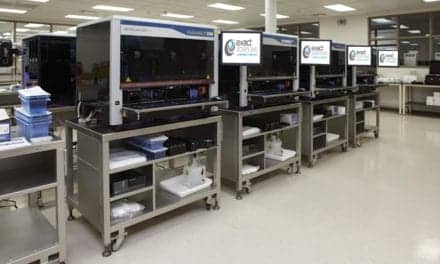Researchers at the Keck School of Medicine of the University of Southern California (USC) will test whether a set of blood-based biomarkers can assist mammography in the early detection of breast cancer with a $180,000 grant announced today from Susan G. Komen for the Cure®.
The grant will fund research into whether specific biomarkers, or minute substances in the blood, can effectively distinguish breast cancer patients from their healthy counterparts and whether an inexpensive, less invasive screening strategy can be developed based on this approach.
“Breast cancer progression is marked by increased levels of a DNA modification, known as DNA methylation, at certain positions in the human genome, and this increase can be detected in the blood from these patients,” said investigator Simeen Malik, Ph.D., post-doctoral research associate at the USC Epigenome Center. “The research will help us detect these differences in the blood, an approach that may be more effective than current image-based screening techniques like mammography since it is based on the underlying biology of the tumor.”
These diagnostic tests could potentially be administered more frequently than mammography, which may result in earlier detection of the breast tumor by 6-12 months, Malik said.
Malik and Peter W. Laird, Ph.D., director of the USC Epigenome Center, will lead the research in collaboration with investigators at the USC Norris Comprehensive Cancer Center and City of Hope National Medical Center.
The Komen for the Cure grant is part of $2.8 million in research money Komen is investing in California medical institutions this year alone. These funds are part of a $59 million portfolio of research grants that Komen is funding in 2010 to find the cures for breast cancer and to end the disease.
“We can’t say it often enough: early detection saves lives and too few women are getting the screenings they should be getting today. This is a global issue, one that Susan G. Komen for the Cure is putting considerable energy into solving by funding research that may lead to more portable, accessible and more accurate breast cancer screening on a global scale,” said Ambassador Nancy G. Brinker, founder and CEO of Susan G. Komen for the Cure.
Source: University of Southern California



